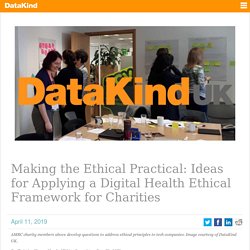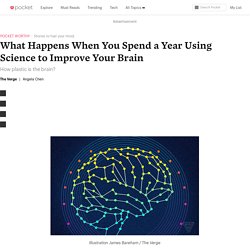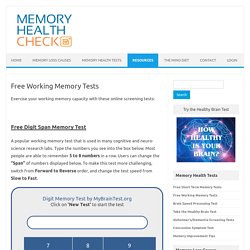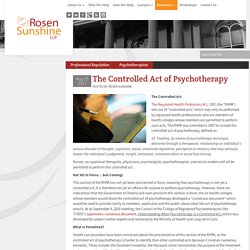

4 Ways to Get Firm and Cute by Lowering Firmicutes. Children wise to fear hand dryers, and 13-year-old proves it with published paper. Children who say hand dryers "hurt my ears" are correct.

A new research paper by that very title has just been published in Paediatrics & Child Health, Canada's premier peer-reviewed pediatric journal. And the researcher, 13-year-old Nora Keegan, has been studying the issue since she was nine years old. "In Grade 4, I noticed that my ears kind of hurt after the hand dryer," Keegan told the Calgary Eyeopener. "And then later, at the start of Grade 5, I also noticed that my ears were hurting after I used the hand dryer. So then I decided to test it to see if they were dangerous to hearing, and it turns out they are. " Keegan used a decibel meter, and measured the noise at different heights and different distances from the wall. "I thought it would be good to have a lot of children's heights and also women's height and men's height, and then I measured 18 inches from the wall, which is the industry standard. She discovered something even more alarming.
With files from the Calgary Eyeopener. Making the Ethical Practical: Ideas for Applying a Digital Health Ethical Framework for Charities. AMRC charity members above develop questions to address ethical principles to tech companies.

Image courtesy of DataKind UK. By Christine Henry, Head of Ethics Committee, DataKind UK How can a charity identify key ethical principles against which they can assess the ethical impacts of digital/data projects; and how can they communicate this with their tech partners when developing digital/data projects? DataKind UK was tasked with these questions by the Association of Medical Research Charities (AMRC) in order to work with their members to create a framework for navigating the many ethical principles and codes in existence and help them discover which ethical principles are relevant to them. Key principles were identified from a review of over 60 ethical principles and codes, interviews, and through consultation with AMRC and their members, leading to nine core principles that charities should consider when developing their own ethical code. Applying the Principles: A Case Study.
3 tips to slowing down cognitive decline. Mobilize! Dynamic Joint Mobility Drills. What Happens When You Spend a Year Using Science to Improve Your Brain - The Verge - Pocket. Illustration James Bareham / The Verge Here are two things that are both true.

Neuroplasticity is real — that is, the brain really can change and learn and improve based on experience. And there’s little evidence that brain-training games are any better than placebo. “So,” wondered science journalist Caroline Williams, “if brain training isn’t the way to apply it, what should we be doing?” Williams is the author of My Plastic Brain: One Woman’s Yearlong Journey to Discover if Science Can Improve Her Mind. The Verge spoke to Williams about her expectations, more successful (and failed) experiments, and how to avoid the hype. Photo: Ann Ayerst What was your approach going into these experiments?
I went with an open mind. One of the poster children for neuroplasticity are the London taxi drivers, and studies show that as taxi drivers learn to navigate the streets and memorize the routes, the hippocampus — the part of the brain that does spatial navigation — gets larger. Free Working Memory Test - MemoryHealthCheck. Exercise your working memory capacity with these online screening tests: A popular working memory test that is used in many cognitive and neuroscience research labs.

Type the numbers you see into the box below. What Buddhists Teach About Sex. The Controlled Act of Psychotherapy. The Controlled Act The Regulated Health Professions Act, 1991 (the “RHPA”) sets out 14 “controlled acts” which may only be performed by regulated health professionals who are members of health colleges whose members are permitted to perform such acts.

The RHPA was amended in 2007 to include the controlled act of psychotherapy, defined as: 14. Treating, by means of psychotherapy technique, delivered through a therapeutic relationship an individual’s serious disorder of thought, cognition, mood, emotional regulation, perception or memory that may seriously impair the individual’s judgement, insight, behaviour, communication or social functioning Nurses, occupational therapists, physicians, psychologists, psychotherapists, and social workers will all be permitted to perform this controlled act.
Not Yet in Force… but Coming! What is Permitted? Fortunately, the Consensus Document provides guidance as to what psychotherapy entails. What Is Restricted? Treatment Psychotherapy technique A Disorder. MedEdPORTAL.
Anatomically Seeking. Musculature. Intervention.ally. Peopled Experiences. Time Well Spent. Skillsets. HEALTH.